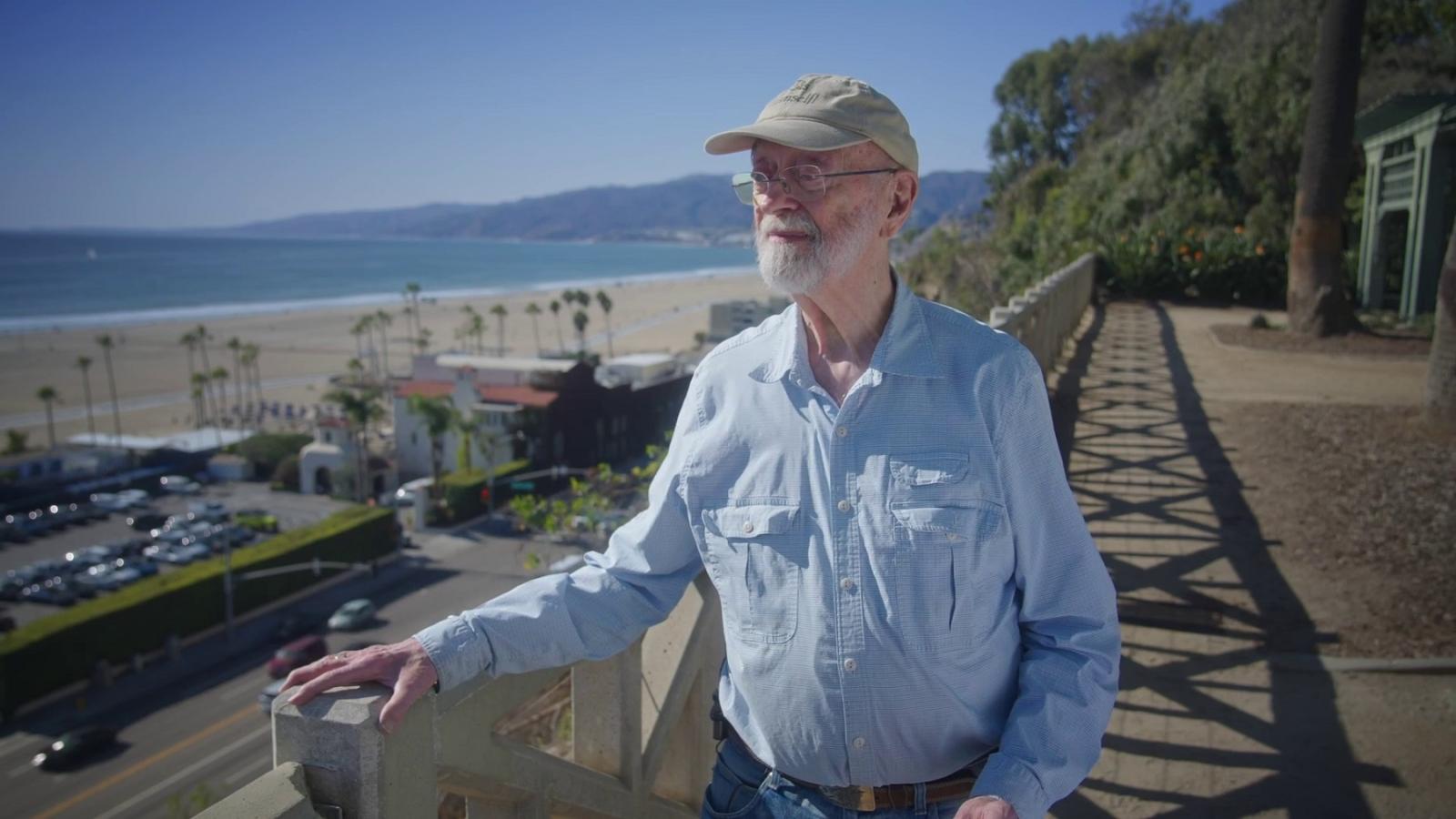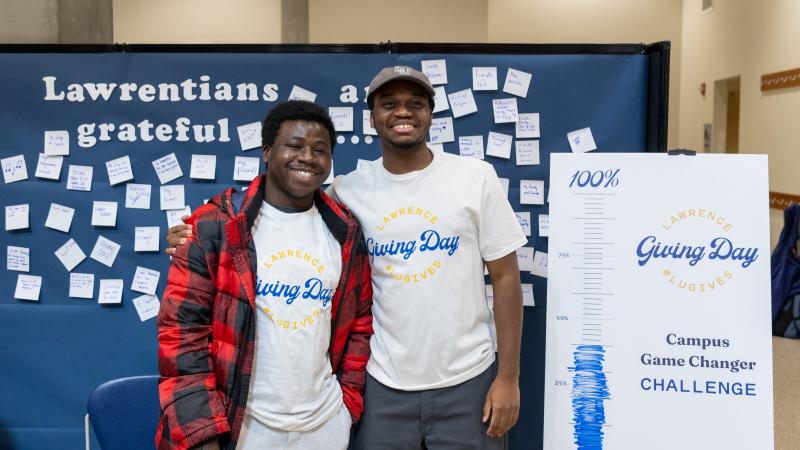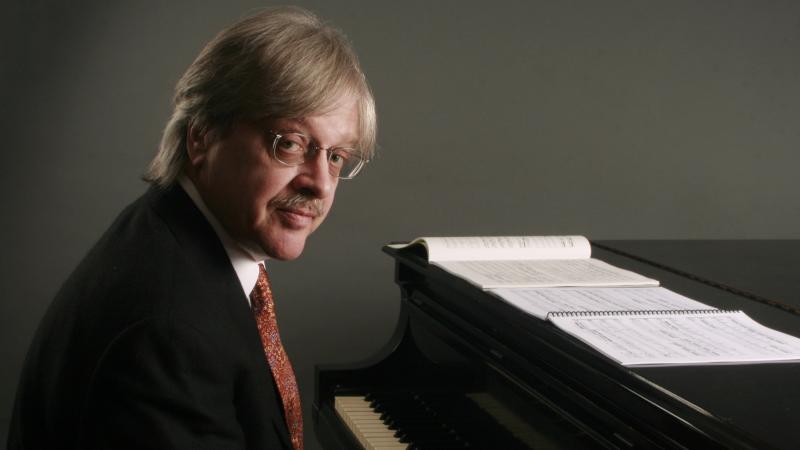Lawrence University alumnus Jack Nilles ’54 continues to get attention for his ahead-of-its-time research on building a remote workforce.
The National Film Board of Canada released a documentary, Work Different, March 1 that explores the history—and future—of remote work, much of it focused on the groundbreaking study that Nilles did in the early 1970s. Nilles, a physics major at Lawrence and a one-time rocket scientist, talks in the documentary about how companies scoffed at his ideas about remote work 50 years ago, even when he presented evidence it would save them millions of dollars, make for happier, more satisfied employees, and be good for the environment.
“They said, ‘Yeah, that was a great experiment; forget about it, we won’t do it,’” Nilles says in the documentary from filmmaker Julien Capraro.
The terms global warming and climate change weren’t in popular usage yet in the ’70s, but Nilles said that sort of long-term thinking was at the core of his research—reducing vehicle traffic by lowering the number of people who had to commute to work.
“At least 40% of the workforce then, more like 50% to 60% now, are people with information jobs,” he says in the documentary. “Their work is moving information around one way or another. They don’t need to be in any place particular to do it.”
He's been an evangelist of sorts for the idea of remote and/or hybrid work for more than a half a century. The Lawrence Communications office caught up with Nilles, then 87, in the early months of the COVID-19 pandemic to talk about his research, his status as the “father of telecommuting,” how his work was getting new attention as the pandemic forced office workers to go remote, and why remote work would become a mainstay even after the pandemic waned. All of what he said stands up four years later (or, really, 50 years later).
“Now that it’s here, it has clearly altered things, and I think permanently,” Nilles said of remote work.




